Sixteen Tanzanian Women Trained in Data Collection to improve Outcomes for Fracture Patients
Sixteen Tanzanian women receiving supervised practice with questionnaires via use of mobile smartphones.
The Global Surgery Foundation (GSF) is working in collaboration with Shirati KMT Hospital and Shirati Foundation to implement the project "Building Bridges for Broken Bones". The project is supported through GSF’s new catalytic fund for surgical care systems, SURGfund.
Traumatic injury contributes significantly to the burden of disease and mortality in Tanzania. In 2021, 273 of cases presenting at Shirati KMT Hospital were due to traumatic injury. Due to their cultural acceptability, increased affordability and geographical convenience, traditional bonesetters are often the preferred healthcare provider for extremity fracture patients. Yet there is little to no data on how often patients visit traditional bonesetters.
“There is little to no data on how often patients visit traditional bonesetters”
As part of the project, a household survey will be conducted in the Rorya district to assess the burden of disease of extremity fractures and how often patients see a traditional bonesetter before coming to the hospital. Understanding the patterns of these patients and then working with the bonesetters provides huge potential to improve outcomes for fracture patients.
Mr Jovine Okoth (left) and Dr Joost Binnerts (right) providing training to the survey team to conduct the household survey for estimating the burden of fractures in Rorya district.
In preparation for the household survey, Mr Jovine Okoth and Dr Joost Binnerts started training the survey team, consisting of sixteen local Tanzanian women. The week-long training included supervised practice with questionnaires, use of mobile smartphones and the data collection software, as well as individual practice with strangers and relatives around the home setting.
“The full household survey will be conducted in collaboration with UC Berkeley”
The full household survey will be conducted in collaboration with UC Berkeley, including use of their randomised sample of 509 households, in which between 1,000 and 1,500 people will be approached. The information collected will allow us to better understand how patients suffered the fracture, as well as where the fracture was treated and why.
Stay up to date!
Learn more about the project here
Read the previous project update
Learn more about SURGfund


